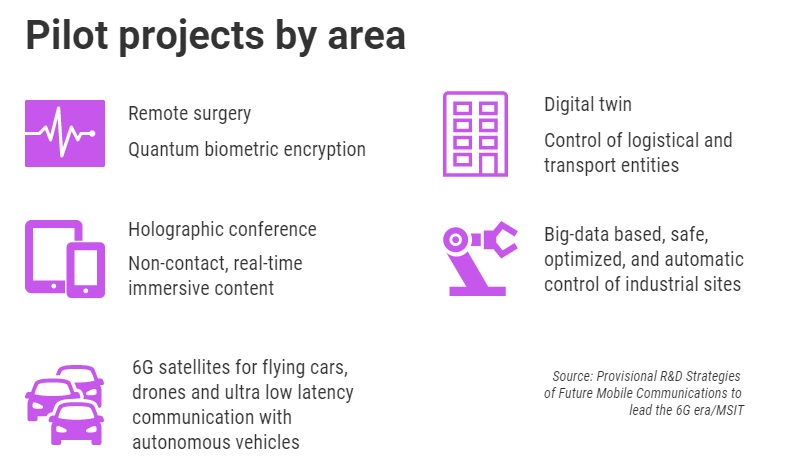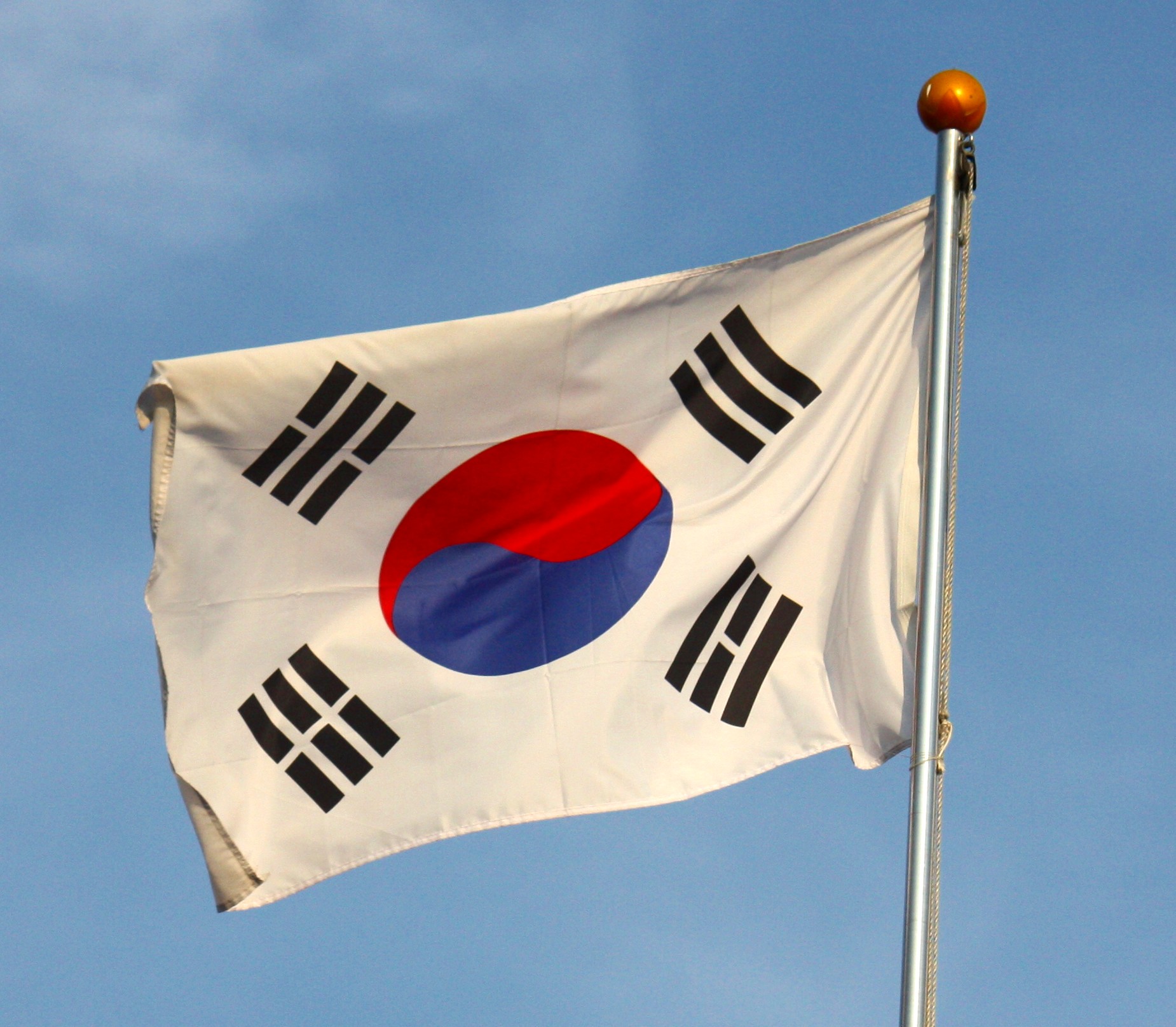South Korea is pursuing an ambitious plan to be the first country to launch 6G networks. The vision laid out by the Ministry of Science and ICT (MSIT) expects efforts in several fields across research, development, standardization and deployment.
6GWorld has been given access to Korea’s provisional strategy, titled “Leading 6G era: Imagination into reality.” It focuses on three areas: Developing next-generation technologies; standards and patents; and infrastructure.
“[There is a] Need to fully prepare for 6G, securing future competitiveness and responding to technological hegemony,” the document says.
According to the file, the MSIT is also planning to create a 6G R&D Strategy Committee that will be responsible for decision-making regarding projects. This group includes the three major telecom carriers, small and large manufacturers, government bodies, universities, and the private sector.
Among its tasks, the committee will handle project planning, reviewing, and outcome management.
Investing in technology
In August 2020, Chung Sye-kyun, the Korean prime minister, announced 200 billion won ($170 million) in investments for 6G research and development for the five years, from 2021 to 2026.
According to the Korean strategy, during that first phase the MSIT will concentrate on building high-risk 6G core technology, “not covered by private investment,” in global cooperation. The goal is to:
- Reach 1 Tbps data rate
- Achieve 0.1ms wireless latency (below 5ms wired latency)
- Expand the connectivity range to 10 km (6.2 miles) from the ground
- Apply artificial intelligence to the entire network
- Security by design embedded from the ground up
The government plans to roll out additional pilot projects that include some of the use cases expected for 6G, like smart factories, smart cities, and autonomous vehicles. Nevertheless, the program also seeks to go beyond these use cases and create technologies like 6G satellites.
At first, these pilot projects will not be focused on consumer applications. According to the strategy, the Korean government will use these experiments to find a Business-to-Business (B2B) revenue model that can sustain 6G networks.

Pushing for 6G at the United Nations
Patents and standardization are two other areas where Korea wants to become a leader. And the push for that has already begun.
On September 24 2020, Korea’s delegation at the International Telecommunication Union (ITU) – the UN body responsible, among others, for global communications standards – filed a proposal for ITU members to start developing a 6G vision.
This is part of an articulated attempt to put Korea at the centre of discussions on the next generation of networks before other well-established countries do the same.
According to the MSIT’s strategy, the effort comes as a “pre-emptive response to global hegemony battle,” and the two core actions in this field are “applying to 3GPP, ITU Standards of 6G core technology.”
Still, the plan also envisions mutual collaboration with other nations regarding research and training specialized workforce.
Setting the environment
Besides establishing the R&D committee, the provisional strategy also has an eye on network development’s educational aspect.
The idea includes building four Network Research Centres by 2022, plus an investment in a platform for knowledge exchange, featuring Massive Open Online Courses about 6G technology evolution and “real-time sharing of best ideas.”
Another effort planned by the MSIT regards how to combine the private sector and academia. The plan states that universities could support companies’ R&D while they act on retraining the workforce. On the other hand, it would be the industry’s role to ” support field training of university students and [offer] student mentoring.”
The document to which 6GWorld has had access envisions 6G commercialization starting in 2028. In August, the Korean government published a provisional timetable including details for each phase of the process:

While Korea has started to prepare for the next generation of wireless connectivity, according to the MSIT it is still too early to forecast clear outcomes 6G can generate. But the ministry is expected to track the results of the strategy on an ongoing basis.







